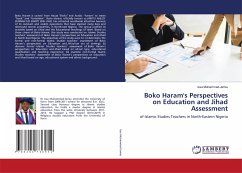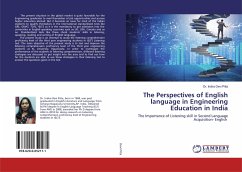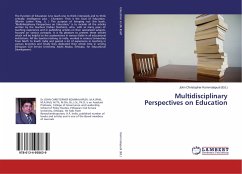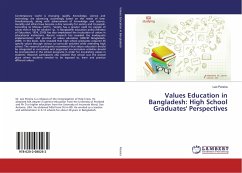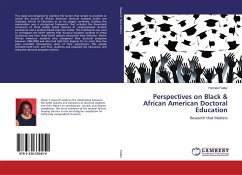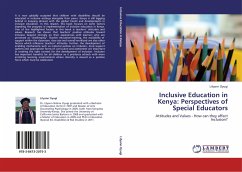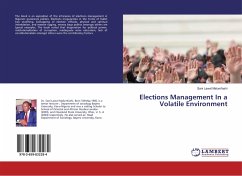Boko Haram is coined from Hausa "Boko" and Arabic "haram" to mean "book" and "forbidden". Boko Haram, officially known as JAMTU AHLUS-SUNNAH LID DWATI WAL JIHD, has attracted worldwide attention because of its constant and violent operations that have claimed many lives and destroyed several properties, in North-east Nigeria. The group justified its activities based on Jihad and the Educational teachings of Islam. Based on these claims of Boko Haram, this study was conducted on Islamic Studies teachers' assessment of Boko Haram's perspectives on Education and Jihad in North-East Nigeria. The objectives of the study were to: (i) determine the formal and non-formal Islamic Studies teachers' assessment of Boko Haram's perspectives on Education and Jihad (an act of striving); (ii) discover formal Islamic Studies teachers' assessment of Boko Haram's perspectives on Education and Jihad based on school type, educational qualification and teaching experience; (iii) examine non-formal Islamic Studies teachers' assessment of Boko Haram's perspectives on Education and Jihad based on age, educational system and ethnic background.
Bitte wählen Sie Ihr Anliegen aus.
Rechnungen
Retourenschein anfordern
Bestellstatus
Storno

